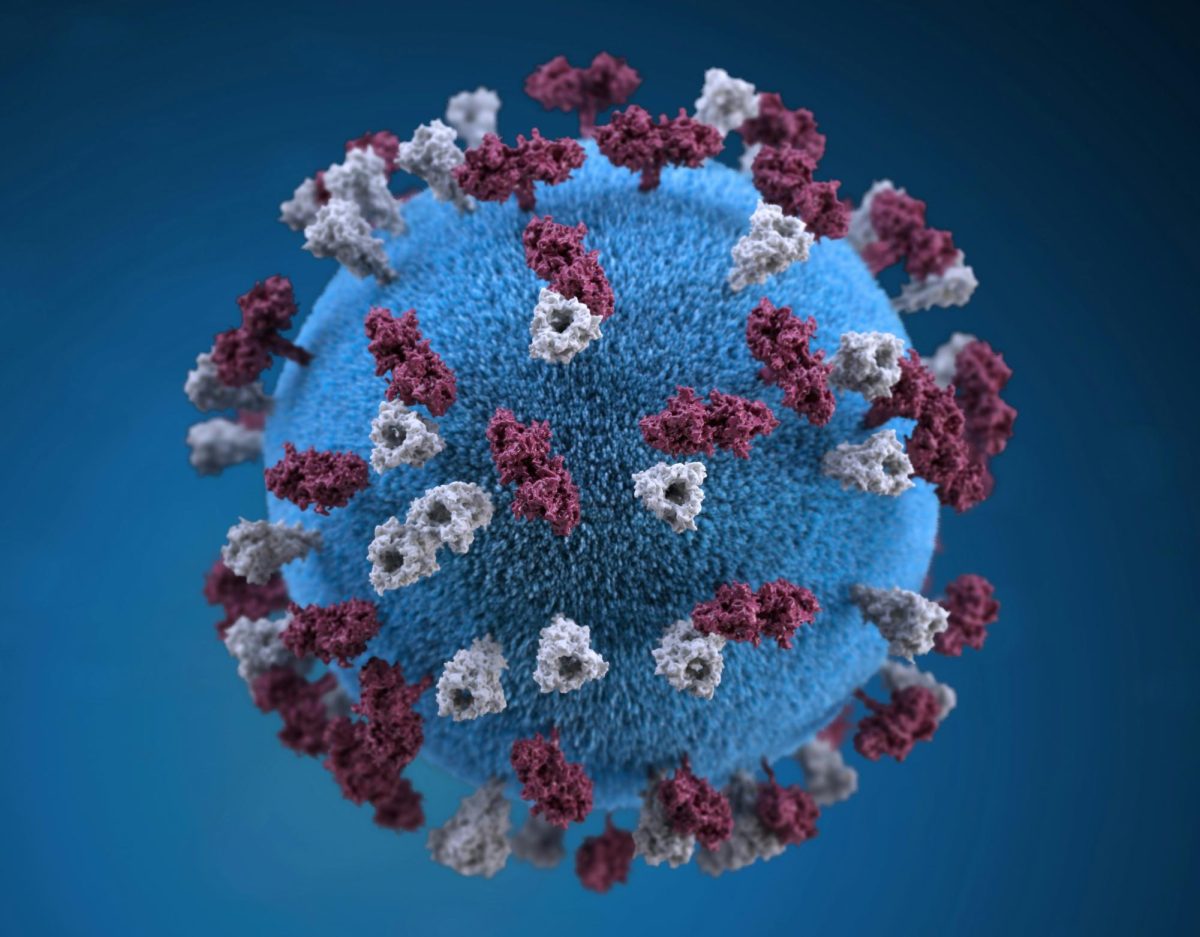The United States is currently facing a serious measles outbreak with confirmed cases reported in 18 jurisdictions, including Texas, New Mexico, Pennsylvania, California and Oklahoma. As of March 20, a total of 378 cases have been confirmed, as well as two deaths.
The first death occurred on February 27, when a previously healthy but unvaccinated 6-year-old child in Texas died due to complications from measles. This was the first measles-related death in the United States since 2015, which itself was the first since 2003. The second fatality involved an individual from New Mexico who lived about 50 miles from Gaines County, Texas, the apparent center of the outbreak. While the individual tested positive for measles after death, the official cause is still under investigation.
This rapid increase in cases is alarming health officials, especially given that there were only 285 reported cases in the U.S. throughout the entire year of 2024. Yet, less than four months into 2025, the number of cases has already climbed above 300.
The cause of the outbreak has been partially caused by growing vaccine skepticism and misinformation. Robert F. Kennedy Jr., the Secretary of Health and Human Services, has contributed to this mistrust in his previous comments. In a recent interview, he claimed that the measles vaccine “causes all the illnesses that measles itself causes.” This statement contradicts longstanding research that shows the side effects of the measles vaccine are far less severe than the disease itself. According to the Centers for Disease Control and Prevention (CDC), the measles, mumps, and rubella (MMR) vaccine is highly effective at preventing measles. Receiving two doses provides 97% protection against the virus, while a single dose offers about 93% protection.
Texas has reported the highest number of cases, with more than 100 cases confirmed since late January. Over half of the affected individuals have been children under 17 years old, most of whom were unvaccinated. A large portion of the outbreak has been traced to Mennonite communities in West Texas, where vaccination rates have traditionally been low due to cultural and religious beliefs.
Measles is one of the most contagious diseases known to humans. The virus can remain airborne for up to two hours after an infected person leaves an area, making it highly transmissible in crowded public spaces. According to the National Foundation for Infectious Diseases, 90% of unvaccinated people exposed to measles will contract the virus. Complications from measles can be severe, including pneumonia, encephalitis (brain swelling) and even death.









